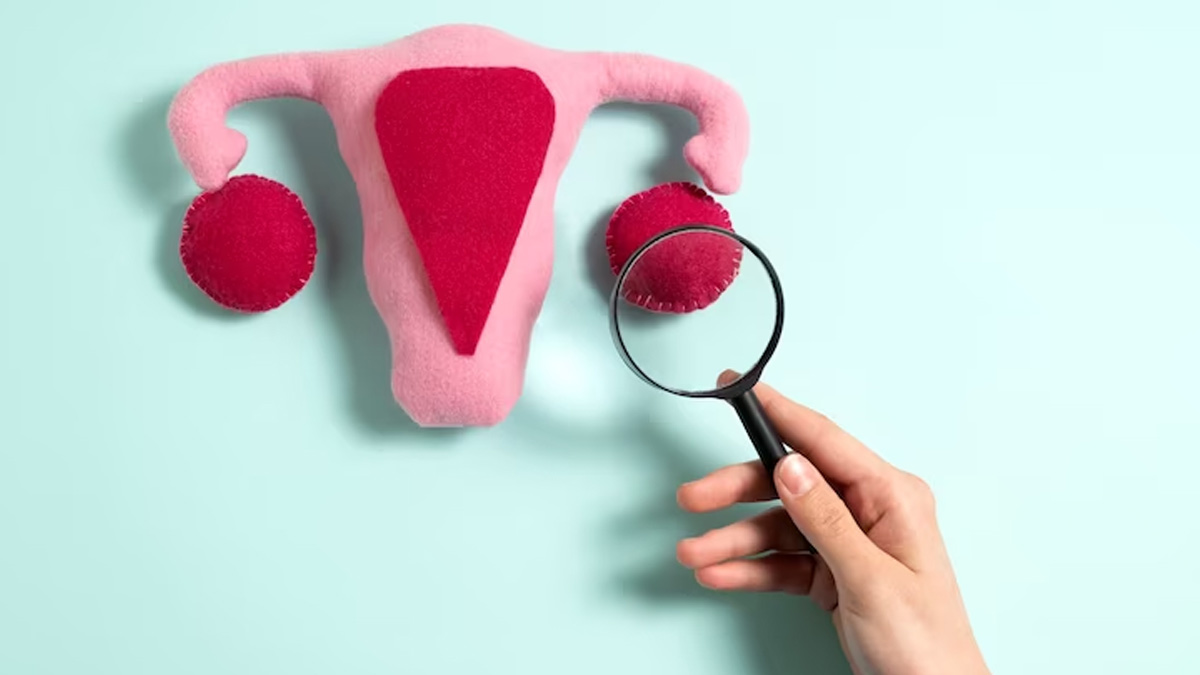
Technological advancements have made it possible for parents to have children, irrespective of their fertility and reproductive health, thanks to In Vitro Fertilisation (IVF) treatments. However, certain complications, like Ovarian Hyperstimulation Syndrome (OHSS), may arise during the treatment. To learn more about this, we talked to Dr Plabani Sarkar, Reproductive Medicine Specialist, Milann Fertility & Birthing Hospital, H.S.R Layout, Bangalore.
What is Ovarian Hyperstimulation Syndrome
Dr Sarkar stated that OHSS is a known complication occurring among some women who undergo In Vitro Fertilisation (IVF) treatments. As a part of the treatment, we give injectable medications to stimulate the growth of eggs in the ovaries. OHSS is a result of an exaggerated response to excess hormones because of those medications. This eventually causes the ovaries to become painful due to swelling. This condition majorly occurs in women with PCOS (a reproductive disorder condition involving hormonal imbalance).
Classification of Ovarian Hyperstimulation Syndrome
OHSS can be classified into three stages: mild, moderate and severe. Generally, at all stages of OHSS, ovaries are enlarged. There can be fluid accumulation in and around the ovaries that causes pain, bloating, vomiting and occasional breathing difficulty in patients.

Also Read: Dancing Through Chemotherapy: Kathak Artist’s Battle with Ovarian Cancer
While yesteryears, this used to be a common complication in IVF treatments. With advancements in technology and medicine, this has become rare in the present fertility scenario, stated Dr Sarkar.
Symptoms & Diagnosis of Ovarian Hyperstimulation Syndrome
OHSS can be easily prevented by carefully tailoring the type and dose of medications during IVF treatment. In patients who develop OHSS, careful monitoring and observation of symptoms during this can help manage it efficiently.

Some of the commonly occurring symptoms may include:
- Nausea
- Bloating
- Weight Gain (slight to extreme)
- Abdominal Pain (light to severe)
It is strictly advisable to see a doctor if one is experiencing similar symptoms during the treatment, said Dr Sarkar.
Treatment of Ovarian Hyperstimulation Syndrome
OHSS can be prevented easily by modulating the dose and type of medications given during the IVF treatment.
Some of the other ways are:
Freezing embryos: To minimise the risk of OHSS, all follicles (mature and immature) may be taken from the ovaries. Mature follicles are fertilised and frozen, and ovaries are allowed to rest.
Coasting method: If a patient has a high oestrogen level or a significant number of follicles, the doctor may need to discontinue the medication and wait a few days before administering Human Chorionic Gonadotropin (HCG), which causes ovulation.

Also Read: What Is Ovarian Reserve? And Why It Is Important For Conception
Avoiding the use of an HCG trigger shot: OHSS often develops after the HCG shot is given. Alternatives, such as Lupron have been developed as a way to prevent it.
Adding medications: Some medications can reduce the risk without affecting the odds of pregnancy.
Prevention & Care of Ovarian Hyperstimulation Syndrome
The observation of each treatment cycle is a necessary step to take for the prevention of OHSS. The medications should be moderated according to the body type and conditions of the patient. Frequent checkups and tailor-made plans from the healthcare provider are recommended regularly.
Image Credits: freepik







